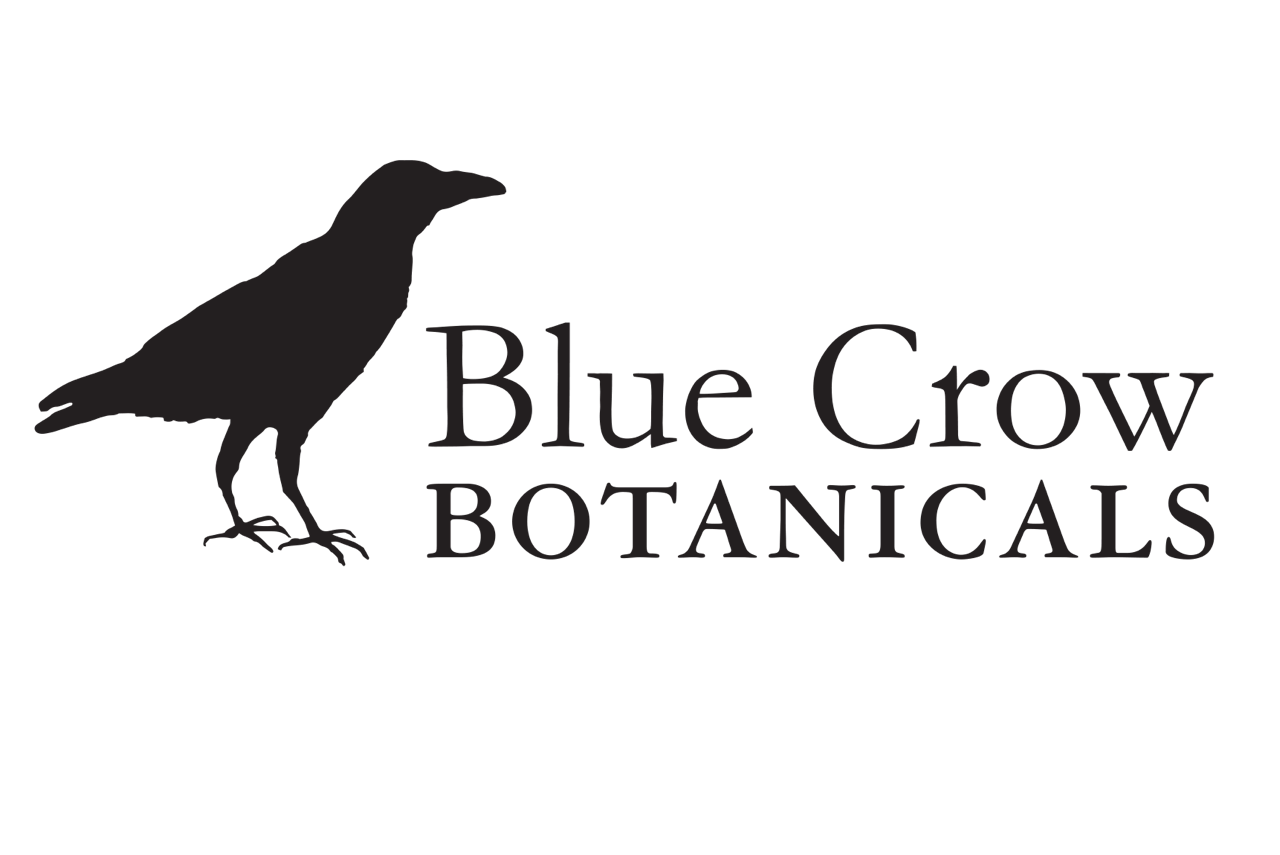Herbs to Support Lactation
For many new moms low milk supply can be tough reality. For busy, modern, working women the stress and activity of life can severely impact supply, a normal bodily reaction to circumstances. Lactation consultants have become an essential part of post-partum care and can really help zero in on the particular concerns. If supply is truly the issue, then herbs make an effective and easy addition to new moms’ self-care routine, as long as one also is hydrating daily, as well as resting and relaxing whenever possible.
Powerful Herbal Allies To Increase Breast Milk Production
The herb most commonly used these days is Fenugreek which will build milk in most women within a few days, up to 2 weeks. It should not be used during pregnancy, while taking blood thinners, or with hypothyroid. Otherwise it is generally safe.
Another potent herb for lactation support is Shatavari. Shatavari is originally from India and is known as “she who has a 100 husbands” because it is so nourishing to woman in numerous ways. It is known for supporting fertility, alleviating vaginal dryness, increasing libido and generally moistening and juicing up the tissues. It is a major part of our Mega Milk Formula, designed for lactating mothers.
Other ingredients used in our Mega Milk Formula include; Vitex: an important herb for building milk supply and also balancing post-partum hormones, Blessed Thistle: which supports milk supply and has a positive effect on the liver (though should not be taken if pregnant or one has low stomach acid), and Fennel Seed: for supporting the “let-down reflex” which is responsible for milk flow (should not be taken if pregnant). The last herb in our formula is Nettle leaf. Nettle is the queen of nutrition for women, rich in minerals, vitamins, chlorphyll.
Herbs can be powerful allies in supporting new mothers on their journey with lactation and breast feeding. But its also important to remember to take time for the body to rest, reduce stress, and ask for help. Parenthood is a challenge and a joy; it takes a village. The plants are here for us.
